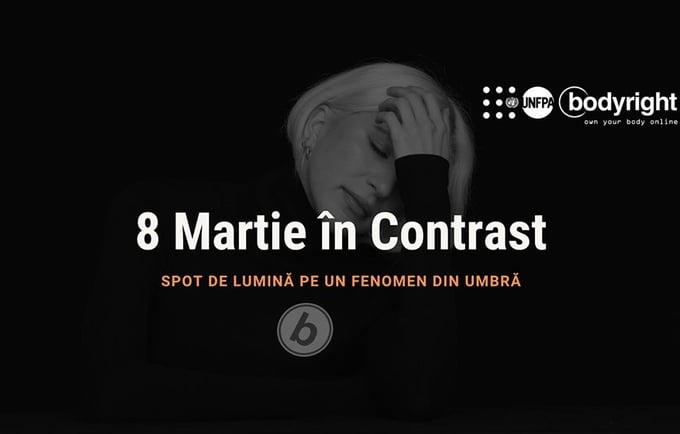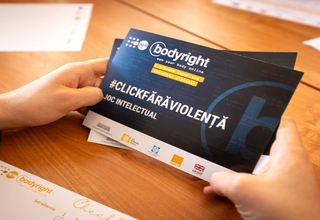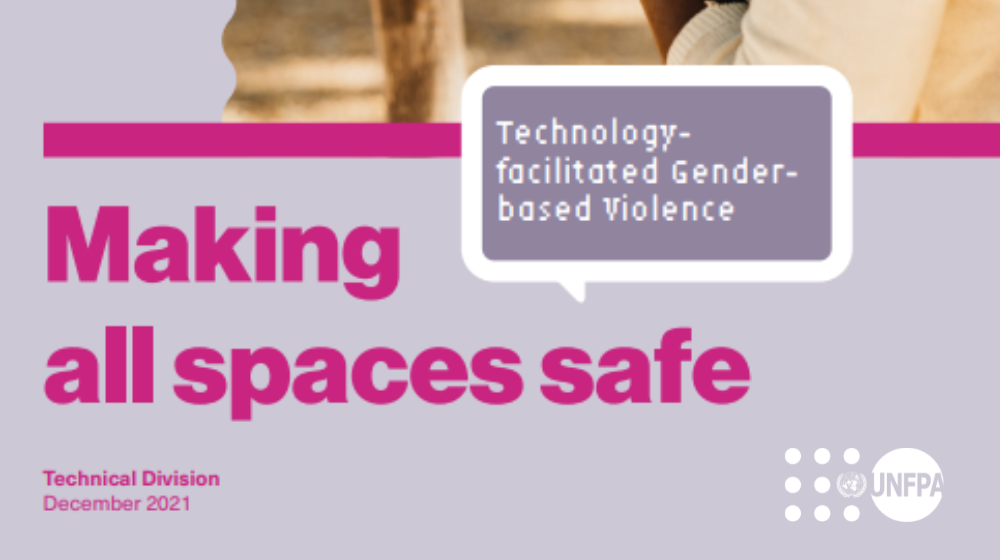Several prominent women from the Republic of Moldova, including female politicians, journalists, actresses, singers, and internet influencers, seized International Women's Day as a moment to raise awareness about digital violence and amplify the call for imperative response measures.
Under the slogan "Virtual violence is violence. It's time to set boundaries in virtual space," they participated in an online awareness campaign, featuring conceptual photos aimed at highlighting various forms of online violence and the prevention of their consequences.
Each woman took a black-and-white photo, which they shared on their social networks, thereby initiating a public call to draw attention to a phenomenon that often remains overlooked.
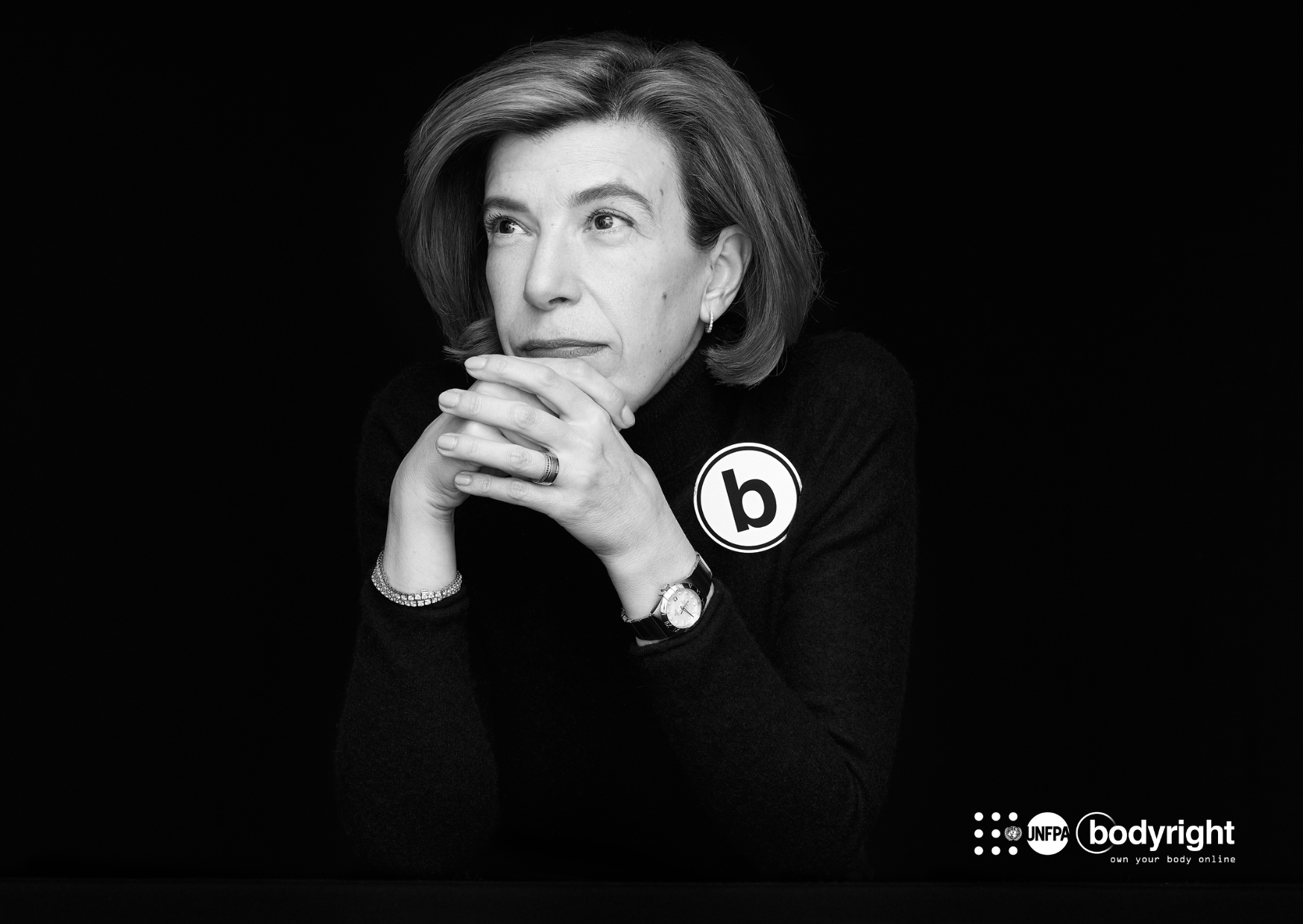
"Today, March 8th, we celebrate women and their rights. Today, we draw attention to the achievements of women, but also to the barriers that prevent them from realizing their full potential. Digital violence and online harassment are real problems that deserve everyone's attention. Forty-seven percent of girls and women are bullied online for speaking out about politics, gender equality, or sexual and reproductive rights. Too many women still adhere to social norms and stereotypes that hinder their full assertion. Whether online or offline, I believe every woman should be free to express herself without fear, make the choices she wants, and not be judged for it.
That's why today, UNFPA Moldova continues the #bodyright campaign dedicated to combating digital violence, and I thank all the women leaders who have joined this movement - together we can make a real change!" said Dr. Karina Nersesyan, UNFPA Resident Representative in the Republic of Moldova.
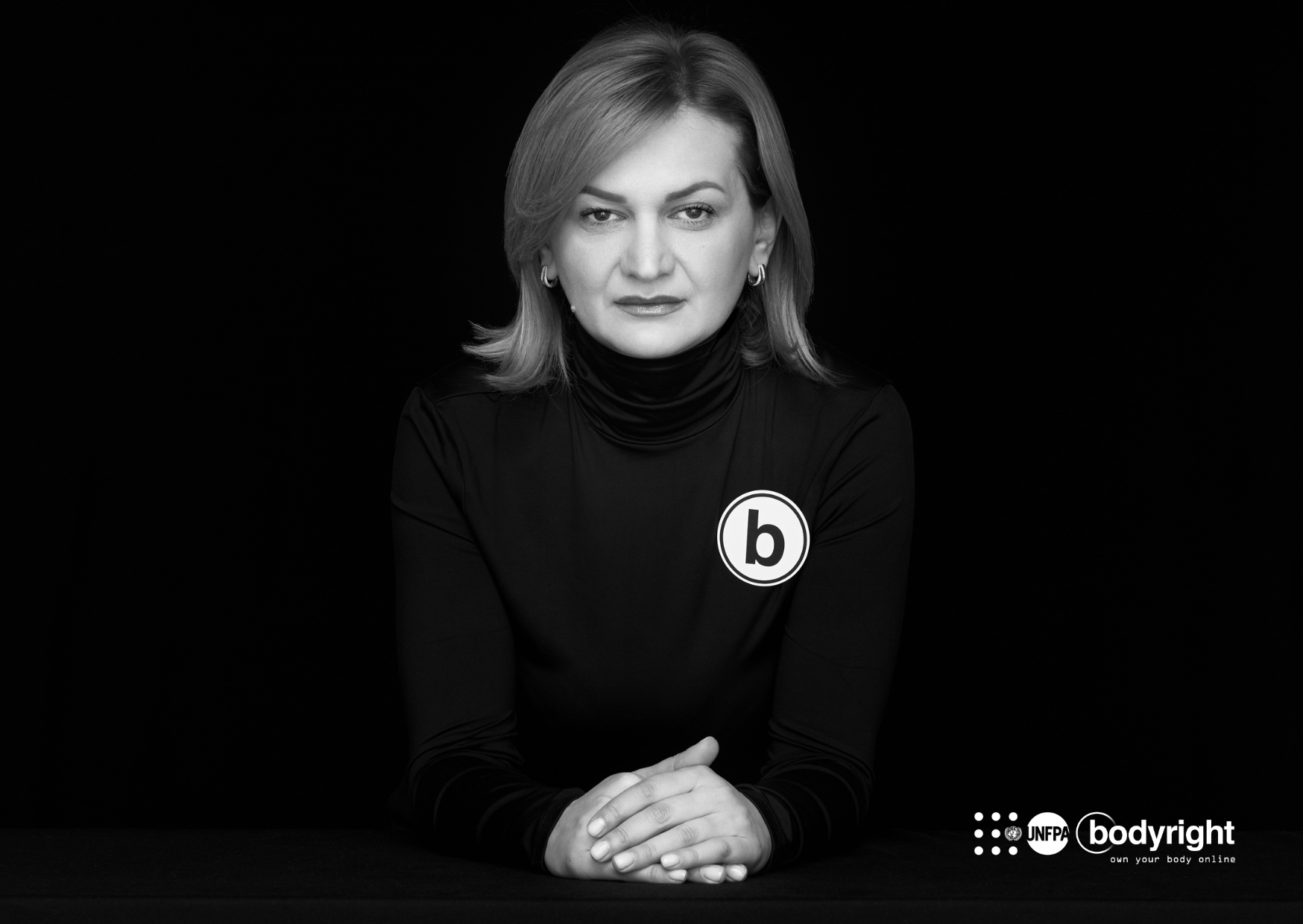
"Women politicians face various forms of harassment in the online space. The phenomenon of hate speech or discriminatory language is increasing, with personal attacks or misogynistic comments being propagated on social networks. This can create an intimidating environment, hindering women MPs from effectively carrying out their work. It can also discourage other women from entering politics, fearing they may become victims of similar abuse. It is crucial to recognize and address this problem through policy development and implementation. The issue is global, not just local; ensuring a safe and equitable online environment for all citizens, regardless of gender, is a common, significant, and complex challenge," said Doina Gherman, Vice-President of the Parliament of the Republic of Moldova.
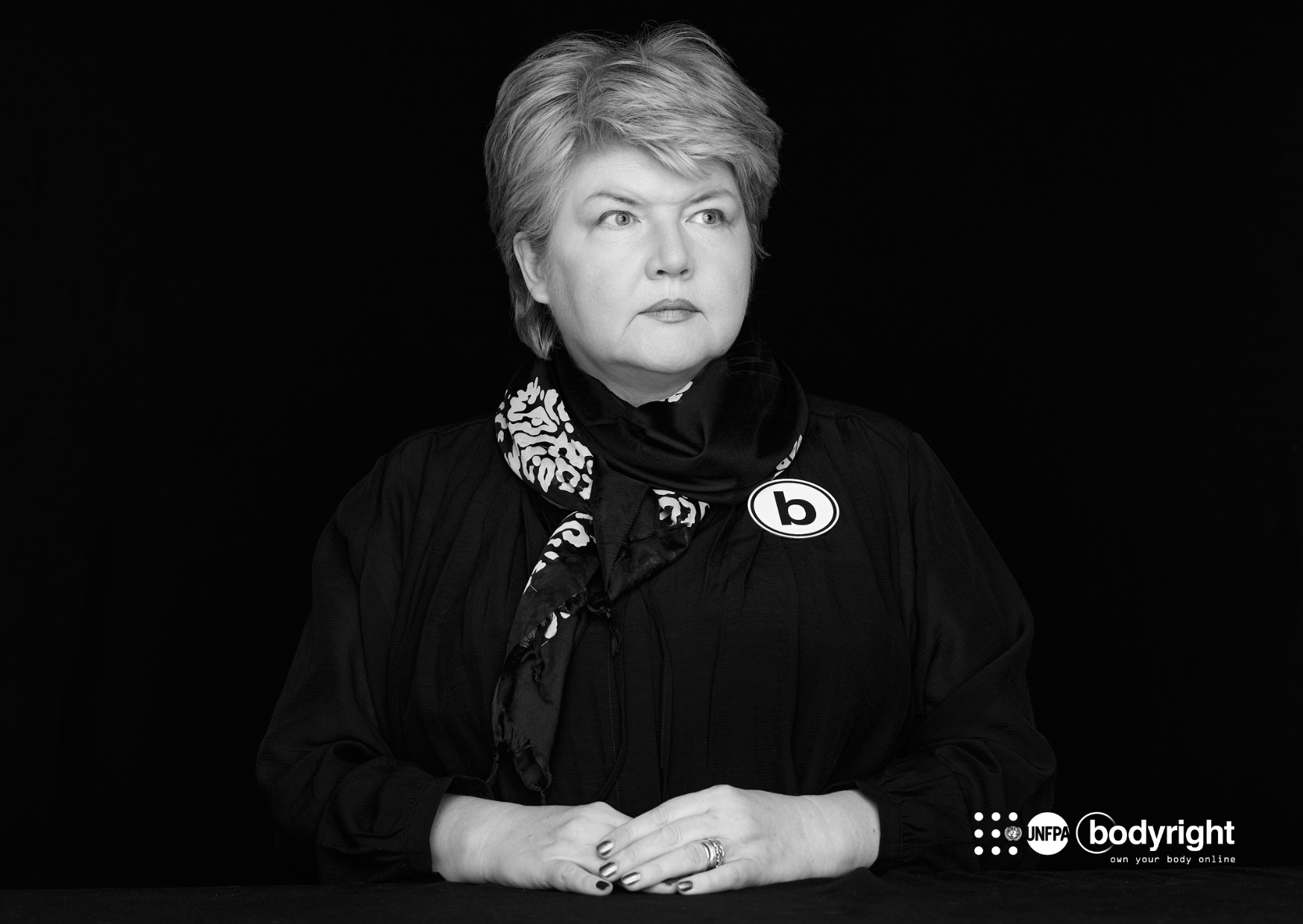
"The online space offers great freedom, not only for the expression of democracy and rights but also for the expression of abuses on the internet. Women are most often targeted by online bullying, and many female investigative journalists experience online harassment. There is a culture of pressuring women to become inactive and cease investigative journalism. In journalism, female voices with strong opinions are often discouraged. However, we must take action to ensure that society accepts that both women and men have the right to express themselves online without fear of assault," pointed out Alina Radu, Director of Ziarului de Gardă.
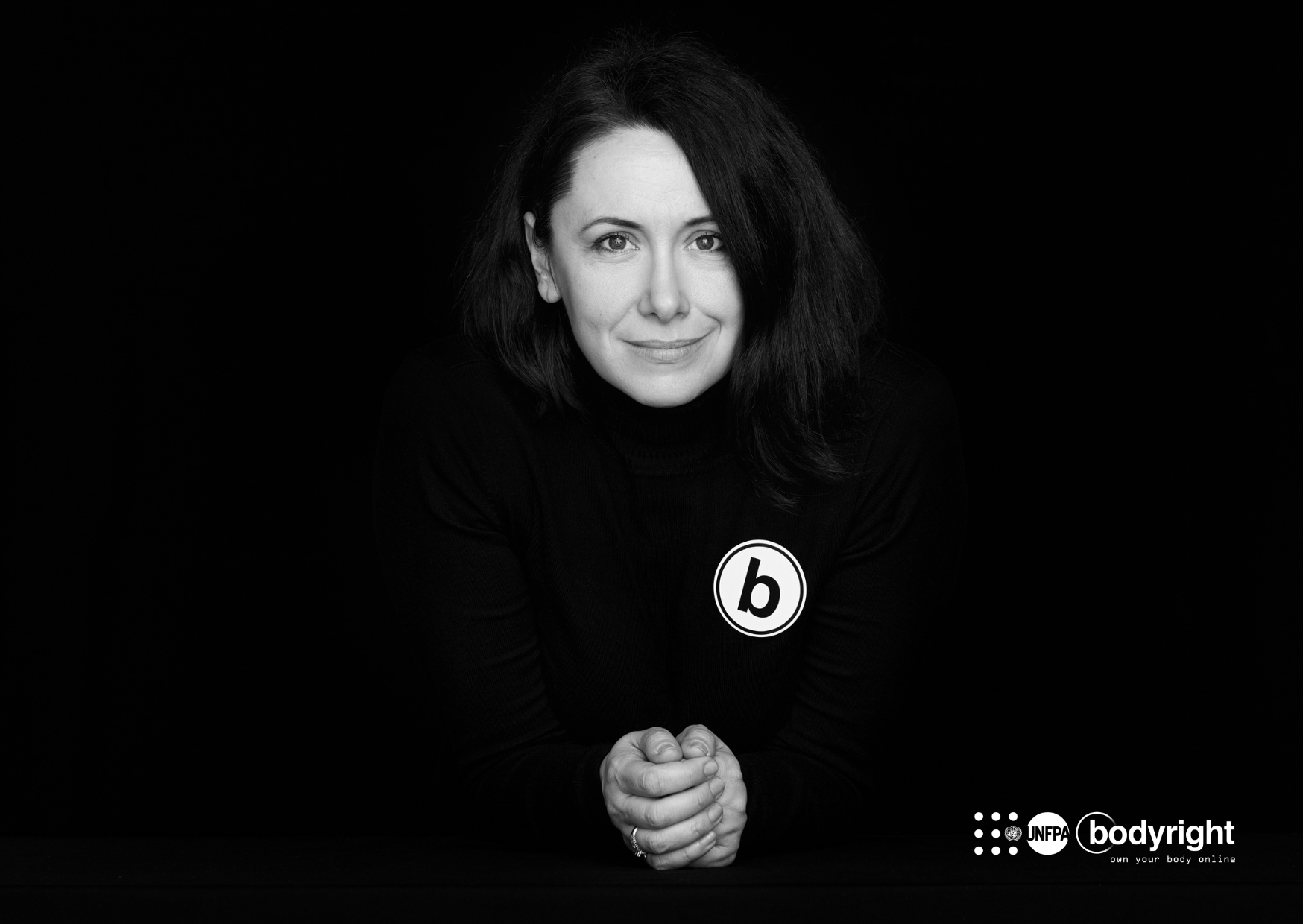
"Virtual violence is violence. Silence implies acceptance and validation. Taking a stand means a collective effort to combat it. It's time to set clear boundaries online and ensure that every woman feels protected when expressing her thoughts and opinions," said Nata Albot, civic activist.
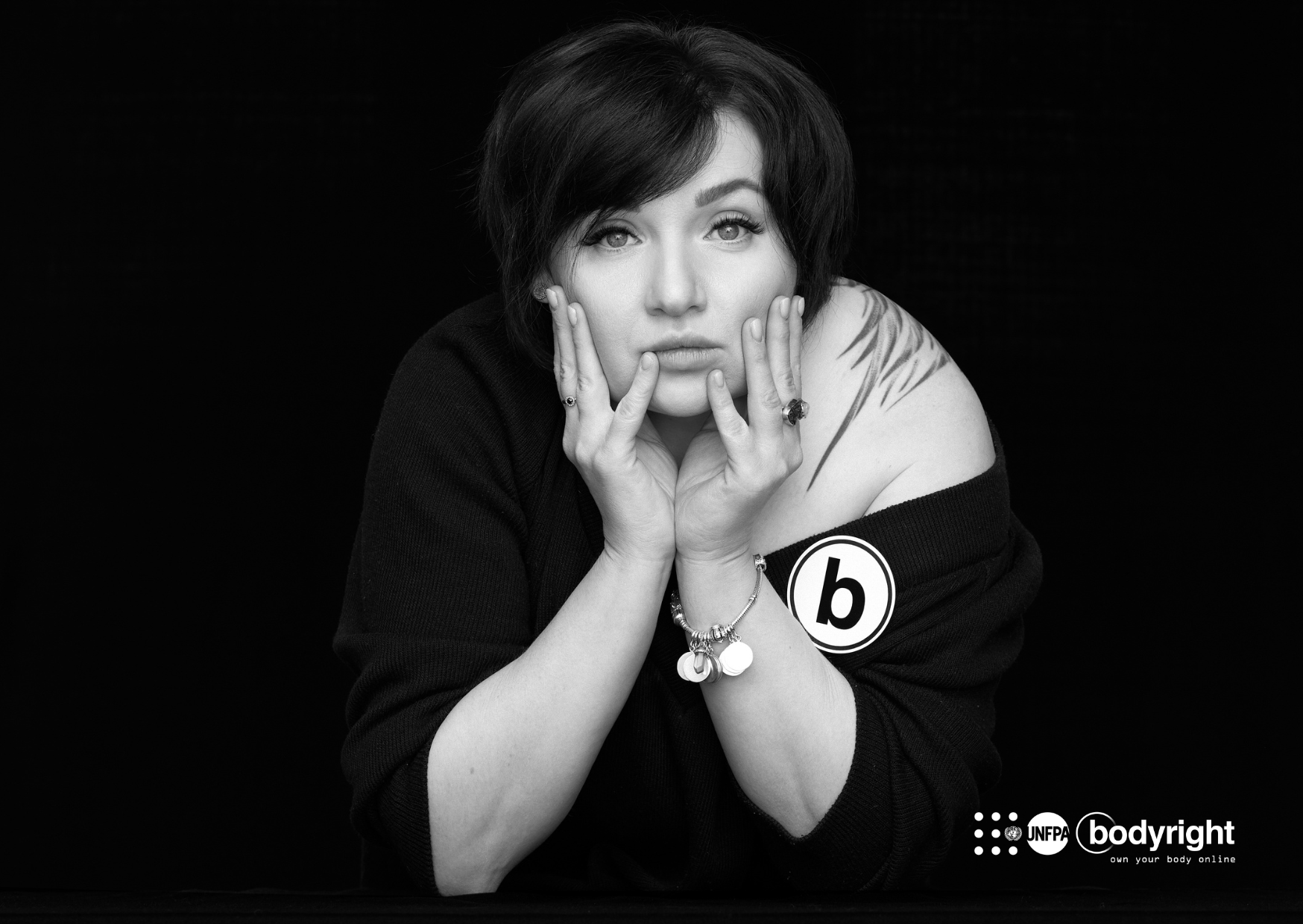
"Discussing digital violence in the context of March 8th is essential because digitization has amplified social pressure on women, and women with disabilities often become targets of online abuse, reflecting a painful reality where non-compliance with society's imposed standards attracts discrimination and violence. Personally, this reality motivated me to join the #bodyright campaign because I consider the fight against this type of violence a crucial step in protecting the dignity and freedom of every woman in the digital age, giving a voice to those who are often ignored or marginalized," said Irina Revin, President of the Association of Entrepreneurs with Disabilities from the Republic of Moldova.
The campaign was initiated by UNFPA Moldova as part of the global movement to end digital violence - #bodyright campaign launched in the Republic of Moldova in the fall of 2023. Within two months of the #bodyright campaign launch, UNFPA managed to garner more partners around the idea of combating digital violence, including state institutions, non-governmental organizations, embassies, as well as private companies and opinion leaders.
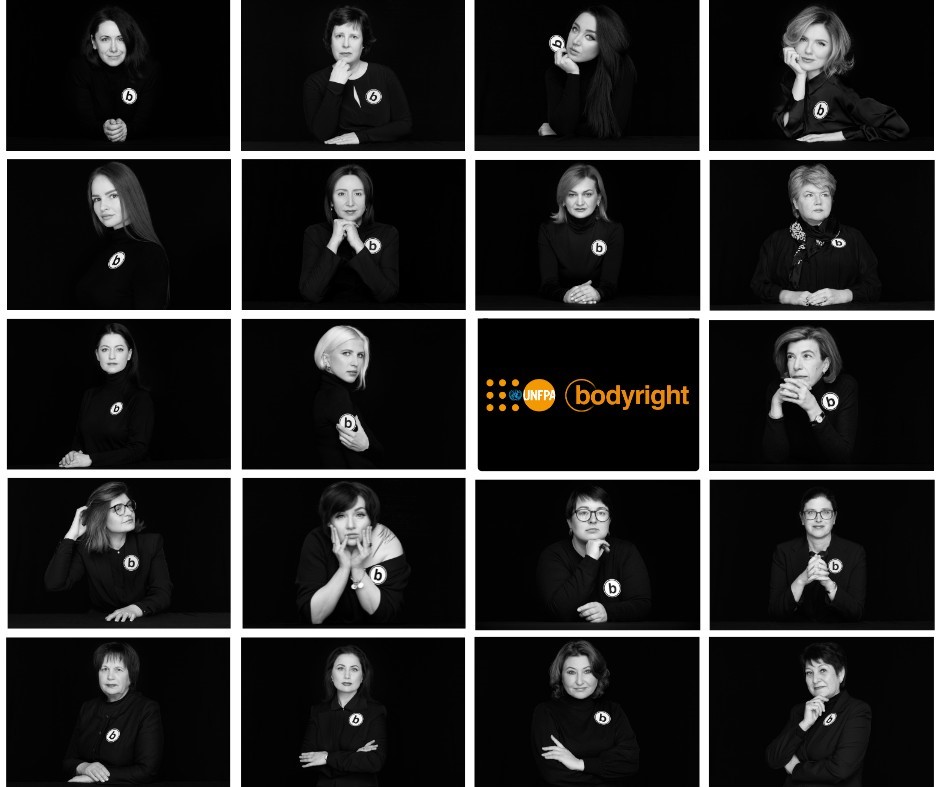
Globally, eight out of ten women have been directly or indirectly affected by digital violence, which often manifests itself in sexualized forms. Ninety-five percent of deepfake videos on the internet are pornographic in nature, all targeting women. While digital violence can affect anyone using information technology and social networks, certain groups are more at risk, especially teenagers, young people who spend a significant amount of time online, as well as women activists, journalists, and politicians who are frequent targets of such attacks.
Digital violence has severe consequences for victims, impacting their mental and psychological health, inducing fear and mistrust, leading some women to withdraw from online environments, or, in the worst cases, prompting suicide.
Common forms of online violence include cyberbullying, cyberflashing (sending obscene images by strangers), doxxing (collecting data about a person and using it against them), hate speech, and the use of fake images and videos (deepfakes).
Learn more about the #bodyright campaign and join the movement for a safer internet for everyone.
